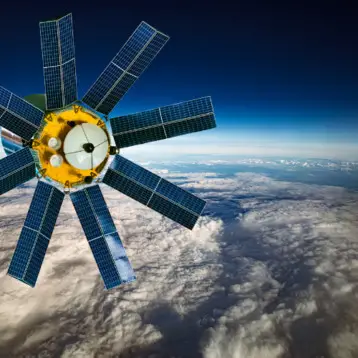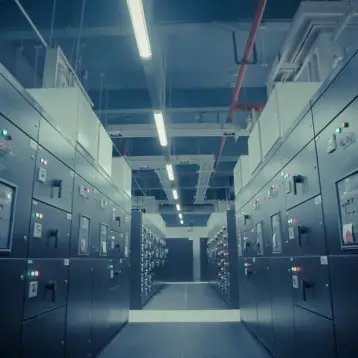Toshiba’s new high density SSD brings 256GB of capacity to the market and a high read-write speeds in the form of a 2.5-inch drive which uses a relatively cheaper Multi-Level Cell (MLC) controller.
Flash memory stores data in individual memory cells, which are made of floating-gate transistors. Traditionally, one bit of data was stored in each cell in so-called single-level cells (SLC). The advantage of this method is faster transfer speeds, lower power consumption, and higher cell endurance. However, since less data is stored per cell, it costs more per megabyte of storage to manufacture. Unlike SLC flash, multi-level cell (MLC) flash memory stores three or more bits in each cell, with the “multi-level” referring to the multiple levels of electrical charge used to store multiple bits per cell. By storing more bits per cell, multi-level cell memory can achieve lower manufacturing costs; however, this technology typically has slower transfer speeds, higher power consumption, and lower cell endurance than single-level cell memory. Due to these differences, MLC flash technology was mostly used in standard memory cards, while SLC flash technology was used in high-performance SSDs.
The new 256GB SSD mounts NAND flash memory on a 70.6mm x 53.6mm x 3.0mm platform. The drive’s performance is suitable for the common notebook PCs (i.e. we are not talking Intel new SSD speeds here); according to Toshiba, it is highly reliable, and its high density data storage supports fast data transfer rates. Its specifications claim a maximum read speed of 120MB a second and maximum write speed of 70MB a second (about half that of Intel’s new drive) via a SATA2 3.0Gb/s interface.
Toshiba also released new Flash Modules for the growing market of small, stripped down netbook computers (such as the Asus Eee). Now, Toshiba’s small SSDs with densities of 8GB, 16GB, and 32GB are fabricated on a 50mm x 30mm platform, and according to Toshiba the maximum read and write speeds are 80MB and 50MB a second, respectively. Furthermore, they are compatible with SATA interface and will support the continued development of netbook PCs, UMPCs, and mobile and peripheral applications by offering developers a wider and more varied range of SSD technology.
Toshiba‘s new drives were showcased at the CEATEC in Makuhari, Japan, between September 30 and October 4. Both the 256GB SSD and the Flash Modules are already available for sale, and mass production is expected during the fourth quarter of 2008 (October to December).
TFOT has also covered the SanDisk Vaulter Disk, a device that enables faster launching and loading of software on laptops and on personal computers, and the SDHC Class 6 memory cards, designated for ASUS’ Eee PC, made by Taiwanese memory manufacturer A-DATA. Other related TFOT stories include two Samsung storage related articles; the First Ever Solid State Disk Drive, unveiled in May 2006, and the Hybrid Hard Drive, which combines traditional storage technology and flash technology to improve performance and reduce energy consumption.
For more information about Toshiba’s new products, see their press release.










